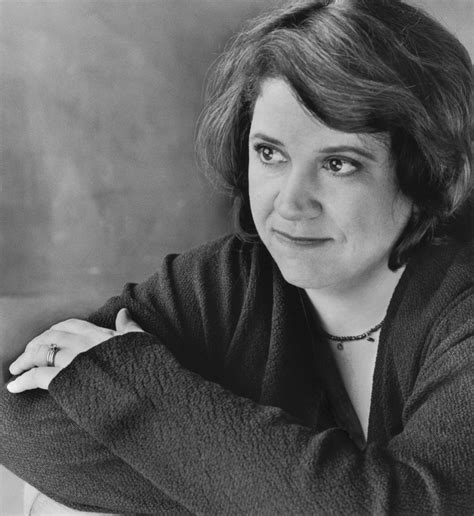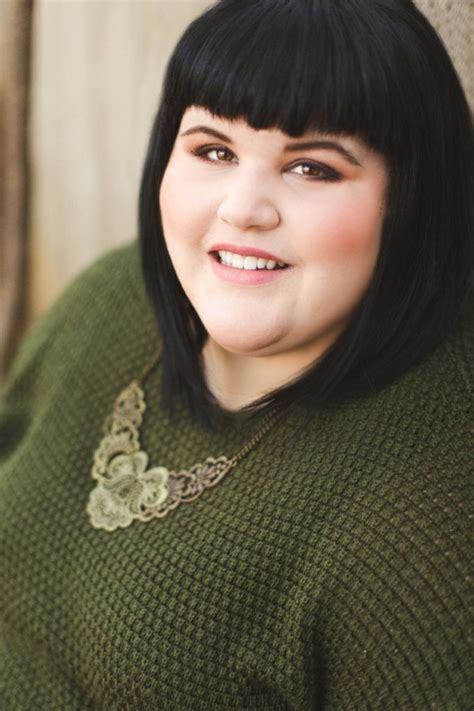A Quote by Richard Meltzer
If I looked at some of these pieces as if this project was not spoken-word but just short anthology, I probably would have fussed with some of the sentences, you know? Syllabication and prosody and such crap. Because the printed word is etched in stone. But for reading purposes I accepted this book of texts in the manner in which I wrote them, no need to fuss. Most of the shorter stuff was written as poetry. Meaning lots of white space on the page.
Related Quotes
I think you can perform any poem. But what I believe is that the best examples of spoken word poetry I've ever seen, are spoken word poems that, when you see them, you're aware of the fact they need to be performed. That there's something about that poem that you would not be able to understand if you were just reading it on a piece of paper.
WIDE, the margin between carte blanche and the white page. Nevertheless it is not in the margin that you can find me, but in the yet whiter one that separates the word-strewn sheet from the transparent, the written page from the one to be written in the infinite space where the eye turns back to the eye, and the hand to the pen, where all we write is erased, even as you write it. For the book imperceptibly takes shape within the book we will never finish. There is my desert.
There are some simple maxims which I think might be commended to writers of expository prose. First: never use a long word if a short word will do. So, if you want to make a statement with a great many qualifications, put some of the qualifications in separate sentences. Third: do not let the beginning of your sentence lead the reader to an expectation which is contradicted by the end.
The Bible is the written word of God, and because it is written it is confined and limited by the necessities of ink and paper and leather. The Voice of God, however, is alive and free as the sovereign God is free. 'The words that I speak unto you, they are spirit, and they are life.' The life is in the speaking words. God's word in the Bible can have power only because it corresponds to God's Word in the universe. It is the present Voice which makes the written word powerful. Otherwise it would lie locked in slumber within the covers of a book.

































